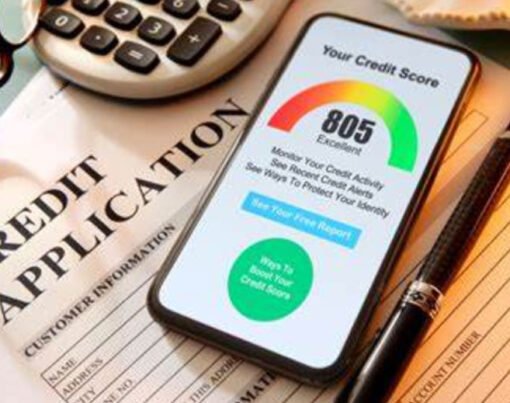Becoming an expert trader requires dedication, continuous learning, and strategic planning. Whether you’re aiming to excel in stock trading, forex, or cryptocurrency, the journey to expertise is challenging yet rewarding. This is why you need to learn the essential steps and practices to elevate your trading skills and achieve expert status.
Here’s what you can do to become an expert trader.
Table of Contents
Develop a Solid Foundation in Trading Principles
Before jumping into trading, it’s necessary to understand the basics. This foundation includes knowledge of market structures, trading instruments, and the economic factors influencing market movements.
Studying fundamental and technical analysis is imperative. Fundamental analysis involves evaluating a security’s intrinsic value by examining related economic, financial, and other qualitative and quantitative factors. In the context of forex trading, it might include understanding economic indicators such as GDP, employment rates, and central bank policies. Technical analysis focuses on statistical trends from trading activity, such as price movement and volume.
Key tools include charts, trend lines, and technical indicators like moving averages and the Relative Strength Index (RSI). Mastery of technical analysis can help predict future market behavior based on historical data. Understanding how to interpret candlestick patterns is another important aspect of technical analysis that can provide valuable insights into market sentiment and potential price movements. Moreover, learning to identify support and resistance levels can assist traders in making more informed decisions about entry and exit points for their trades.
Develop a Comprehensive Trading Plan
A robust trading plan is vital for success. This plan should include your trading goals, risk tolerance, market strategies, and criteria for entering and exiting trades. Consistency in following your plan can reduce emotional decision-making. Define the maximum amount of capital you’re willing to risk on a single trade. Common advice suggests risking no more than 1 to 2 percent of your trading capital per trade. Employing stop-loss orders can help limit potential losses.
Avoid putting all your capital into a single asset or trade. Spread your investments across different assets to reduce risk. This strategy helps protect your portfolio from significant losses if one asset performs poorly. Regularly review your trades to understand what does and doesn’t work. Keeping a trading journal can be beneficial. Document each trade’s details, including the rationale behind it, the outcome, and lessons learned.
Enhance Your Knowledge and Skills Continuously
The financial markets are dynamic, and continuous education is important to stay ahead. Participate in webinars, attend seminars, and read books by trading experts. The more knowledge you gain, the better equipped you will be to make informed decisions. Learning from experienced traders can provide valuable insights and accelerate your learning curve. Join trading communities and forums to discuss strategies, share experiences, and stay updated on market trends. If you’re looking to refine your skills further, consider engaging with the best forex prop firm to gain practical experience and mentorship in a structured environment.
Practice makes perfect. Utilize demo accounts to simulate trading without risking real money. This practice helps you test your strategies and build confidence in a risk-free environment. Leverage modern trading platforms and tools to enhance your trading experience. Automated trading systems, real-time data feeds, and analytical software can provide a competitive edge.
Cultivate the Right Mindset
A trader’s mindset plays a critical role in their success. Emotional discipline and patience are key attributes of a successful trader. Understanding that losses are part of the game and maintaining composure during market volatility is essential. Avoid letting emotions drive your trading decisions. Fear and greed can lead to impulsive trades that deviate from your trading plan.
Developing a routine and sticking to it can help maintain discipline. Expertise in trading doesn’t happen overnight. It requires consistent effort, patience, and a willingness to learn from mistakes. Celebrate small victories and view setbacks as learning opportunities. Furthermore, seeking feedback from experienced traders and continuously refining your trading strategy based on those insights can contribute to long-term success in the markets.
Understand Market Dynamics and Trends
Keeping abreast of market news and understanding the broader economic environment is crucial. Market sentiment, geopolitical events, and economic reports can all significantly impact market behavior.
Use economic calendars to stay informed about upcoming economic events and reports. Knowing when these events occur can help you prepare and strategize your trades accordingly. Gauge the market’s mood by analyzing indicators such as the VIX (Volatility Index) or sentiment surveys. Understanding whether the market is bullish or bearish can inform your trading decisions.
Conclusion: The Path to Trading Expertise
Becoming an expert trader is a multifaceted process that involves a strong foundation in trading principles, a comprehensive trading plan, continuous education, the right mindset, and a deep understanding of market dynamics. By dedicating time to learning and practicing these elements, you can develop the skills necessary to navigate the complexities of trading and achieve success.










